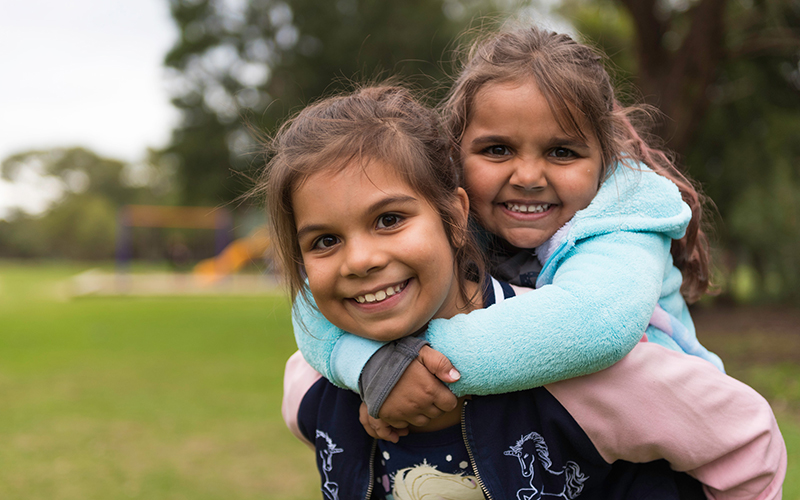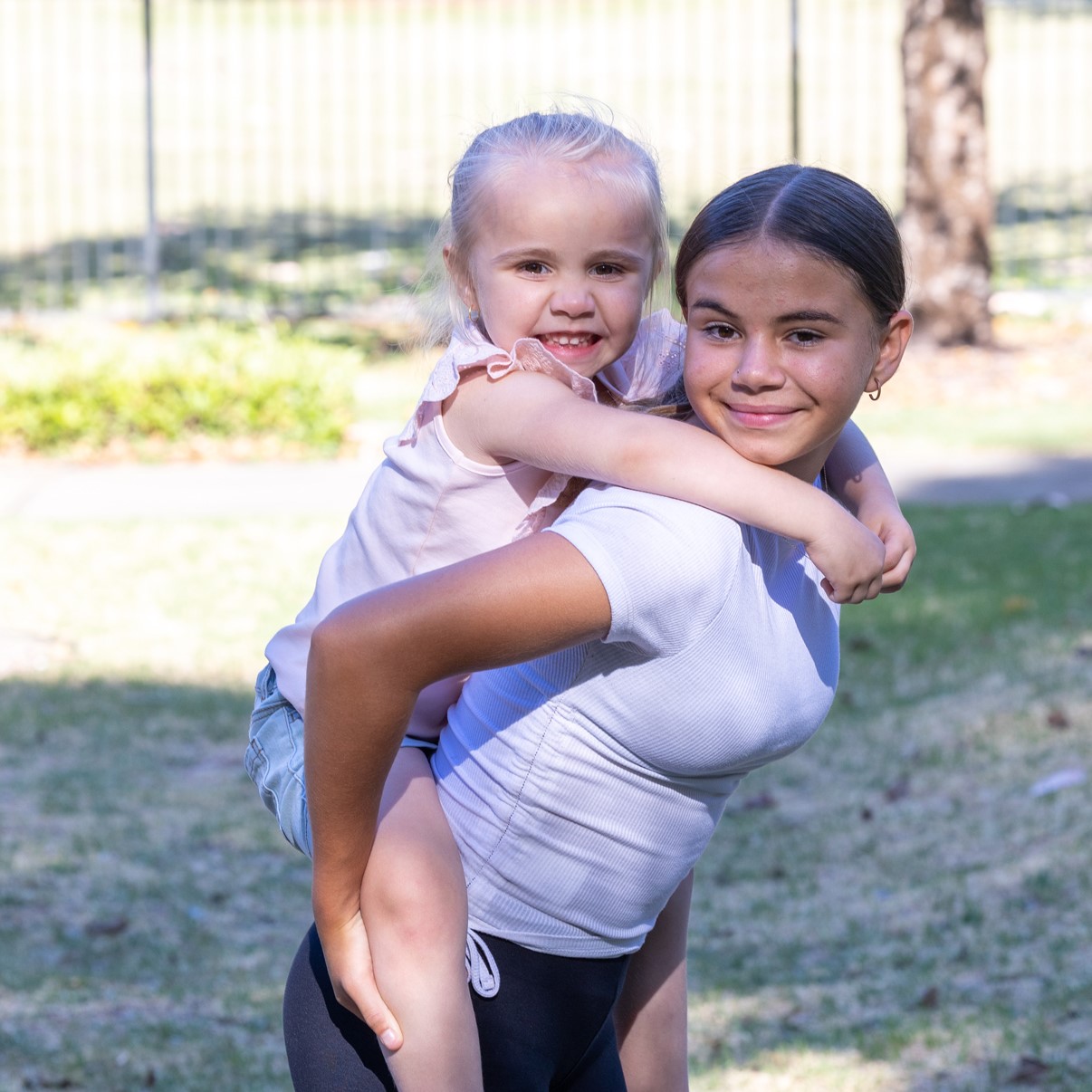Search
Research
Murru Minya-informing the development of practical recommendations to support ethical conduct in Aboriginal and Torres Strait Islander health research: a protocol for a national mixed-methods studyConducting ethical and high-quality health research is crucial for informing public health policy and service delivery to reduce the high and inequitable burden of disease experienced by Aboriginal and Torres Strait Islander people.
Research
Getting to the heart of the matter: a research partnership with Aboriginal women in South and Central AustraliaWithin the vast majority of qualitative health research involving Indigenous populations, Indigenous people have been marginalised from research conceptualisation and conduct. This reflects a lack of regard for Indigenous ways of knowing, being, and doing, has served to perpetuate deficit narratives of Indigenous peoples’ health and wellbeing, and contributes to failure in addressing inequities as a result of ongoing colonisation and institutionalised oppression and racism.
Research
Effective primary care management of type 2 diabetes for indigenous populations: A systematic reviewIndigenous peoples in high income countries are disproportionately affected by Type 2 Diabetes. Socioeconomic disadvantages and inadequate access to appropriate healthcare are important contributors.
Research
RaScALL: Rapid (Ra) screening (Sc) of RNA-seq data for prognostically significant genomic alterations in acute lymphoblastic leukaemia (ALL)RNA-sequencing (RNA-seq) efforts in acute lymphoblastic leukaemia have identified numerous prognostically significant genomic alterations which can guide diagnostic risk stratification and treatment choices when detected early.
Research
Individuals with Inflammatory Bowel Disease Have an Altered Gut Microbiome Composition of Fungi and ProtozoaIt is known that the bacterial gut microbiome is altered in inflammatory bowel disease (IBD), but far less is known about the role of eukaryotic microorganisms in IBD.
Research
Strengthening assessment and response to mental health needs for Aboriginal and Torres Strait Islander children and adolescents in primary care settings: study protocol for the Ngalaiya Boorai Gabara Budbut implementation projectOpportunities for improved mental health and wellbeing of Aboriginal and Torres Strait Islander children and young people lie in improving the capability of primary healthcare services to identify mental healthcare needs and respond in timely and appropriate ways.
Research
Powerful Nunga mums, strong healthy Bibi and families: improving care, coordination, support and knowledge of women who experience cardiometabolic complications in pregnancyThe Model of Care supports the health of women and their babies with cardiometabolic complications of pregnancy and aids in the prevention and management of cardiometabolic disease in the short and long-term. It was co-designed by Aboriginal women with lived experiences of cardiometabolic complications in pregnancy.

News & Events
National network to significantly improve health outcomes for Indigenous AustraliansA new national network will be established to advance the benefits from Genomic Medicine for Aboriginal and Torres Strait Islander people living in Australia.

The Indigenous Genomics Group aims to build Indigenous leadership in genomic and data sciences, precision health, and ethics to improve health equity and the wellbeing of Indigenous people, families and communities.
Research
Codesigning enhanced models of care for Northern Australian Aboriginal and Torres Strait Islander youth with type 2 diabetes: study protocolPremature onset of type 2 diabetes and excess mortality are critical issues internationally, particularly in Indigenous populations. There is an urgent need for developmentally appropriate and culturally safe models of care. We describe the methods for the codesign, implementation and evaluation of enhanced models of care with Aboriginal and Torres Strait Islander youth living with type 2 diabetes across Northern Australia.
